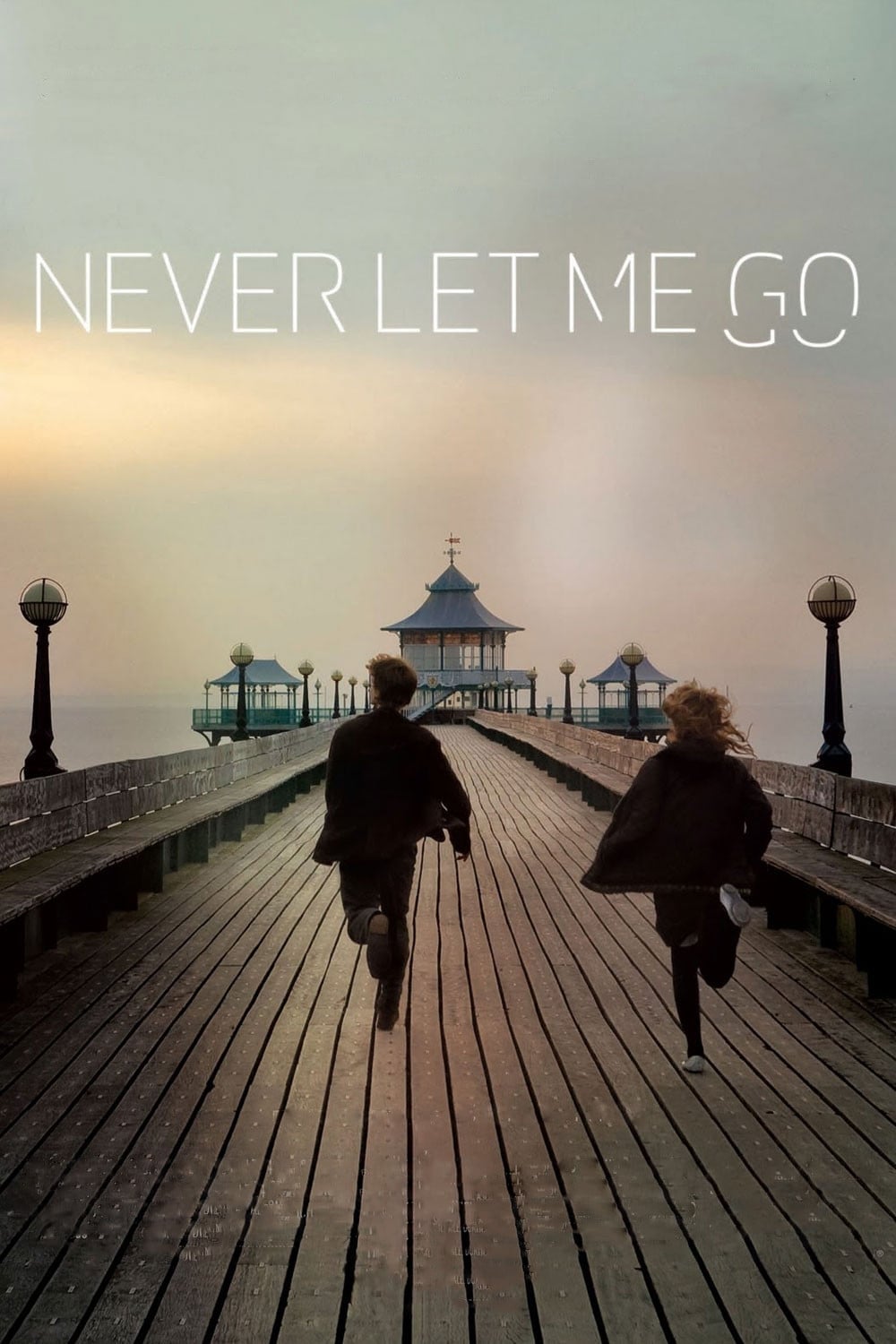
As children, Kathy, Ruth, and Tommy spend their childhood at an idyllic and secluded English boarding school. As they grow into adults, they must come to terms with the complexity and strength of their love for one another while also preparing for the haunting reality awaiting them.
09 Feb Never Let Me Go (2010)
Love, Loss and Lasting
Movies are first and foremost a personal adventure from which we choose urges. Some of these we use to grow, and others to reinforce the accidents of self. Because of this, movies that depend on romance are necessarily in a different category than others.
All movies depend on romance, because everything reduces to relationships, urges and boundaries. What I mean here are the movies where there is a couple swimming within each other — and a film experience that you can share with the one you swim in.
In my case, most of these don’t work. Either the notion of love is too thin, or the setup too distracting, incompetent or irrelevant. This date movie worked for me in the way it was intended, and that is rare enough to charm me well after the glows and tears have left.
Love is unfortunately uncinematic, and has to be managed in all its aspects indirectly. The device this writer chose has some difficulty, because we tend to rush ahead and fill in details of the alternative world he creates, and many of these new details distract. He mitigates this by setting it in the recent past, so we have a ready vocabulary of dynamics and objects to refer to.
And he sets it within the uniquely British systems of bureaucracy, which has less intrinsic brutality than the continentals but carries more momentum and inflexibility. Or so we believe. (There are presumed to be hidden methods of ‘application’; the system assumes basic notions of class.)
This alternative world-setting allows us to focus on the main dynamic, and allows the writer to set the notion of purity he wants us to live in. The means is simple: he describes using certain economies and shortcuts and we adopt those in how we see the relationships.
The relationships other than individual to machine are few. We have an infatuation triangle, which grows into a complex manytendrilled arrangement of love, and it is these that do reach us. We have a simple device of the narrator, one of the three involved, but she keeps her own emotions submerged in her retelling of events. Carey has been chosen as the face of this voice and she has an extraordinary talent for beckoning openness.
So this worked for me, because the simple parts and the complex ones broke in the right places, and the writer gave me handles for all the important steps.
The pure: there is no explanation for why these souls are entwined; none is needed and that is part of the magic. The focus is on giving, the most appealing dimension of love. The man involved is a bit retarded, but in a way that allows us to eliminate most of the testosterone- driven destabilisations of relationships.
The complex: these are created beings, fictions of a sort, each based on an an ‘original’; and each original being someone who has failed in society (by what an American viewer will see as somewhat arbitrary British rules). We have the usual dynamic of one woman loving so much that she sacrifices herself for her love — and we have that in both women. One allows sex to take over while the other fights it. The overlap of programmed giving and loss with the thrills of and obsessions of love is just too rich too grasp, so the centre of this film stays beyond our reach.
It makes those kiddie vampire love stories seen somehow both pitiful and necessary.
See this with your partner.
Posted in 2012
Ted’s Evaluation — 3 of 3: Worth watching.


No Comments